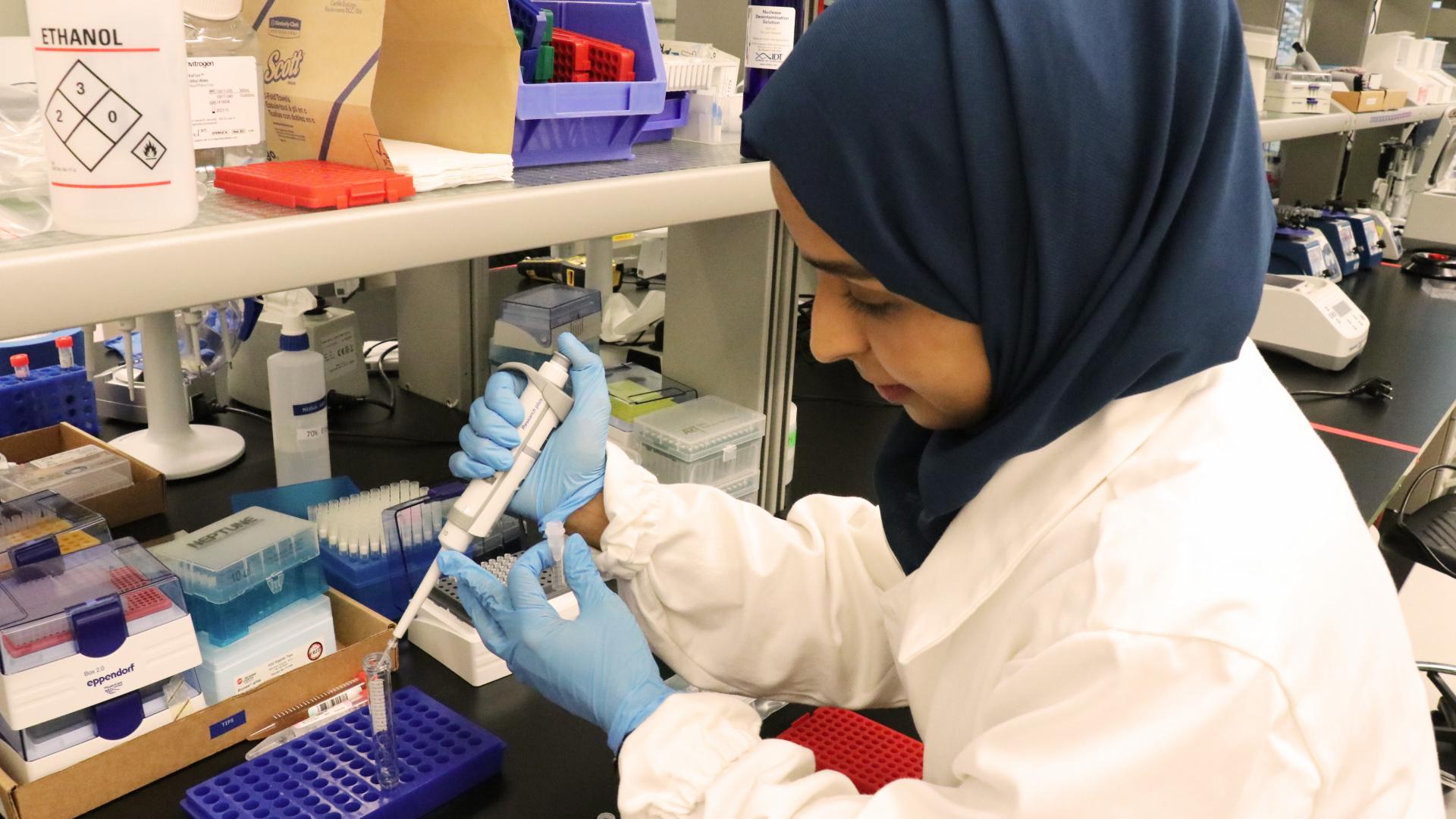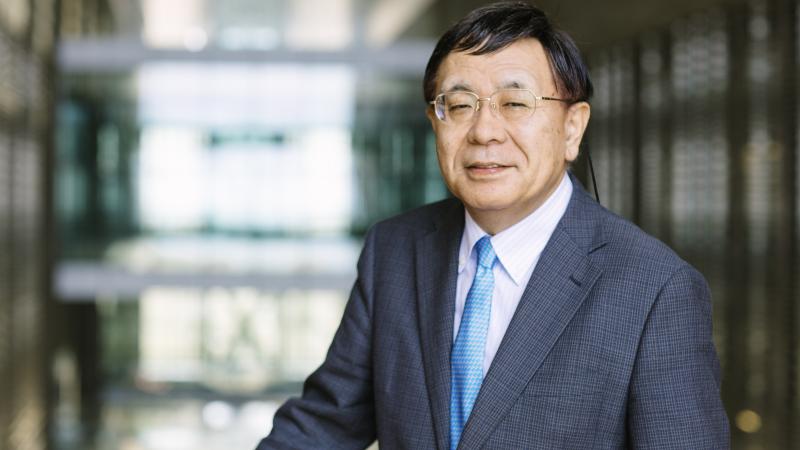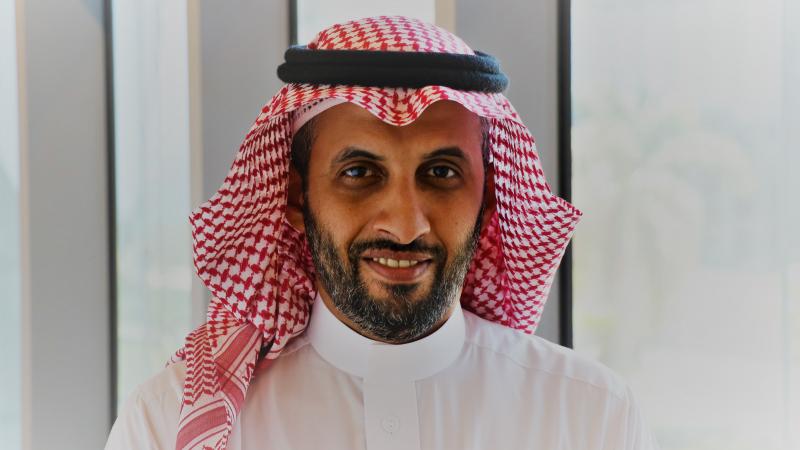By Tasneem Dalwai
Over half of the Kingdom’s valuable human resources are women. They play an essential role in both the socio-economic development and the progress of Science and Technology. Women scientists and researchers in the Kingdom are playing a significant role in various emerging fields such as biotechnology, Artificial Intelligence (AI), Big Data, Robotics, Machine Learning and more. In this candid interview, Ph.D. candidate Dalal M Alkuraythi from King Saud University talks about her scientific interests, current research work and its impact on food safety management in the Kingdom.
Dalal M Alkuraythi is a visiting student from King Saud University, Riyadh. Dalal graduated with a Master's degree in Science and Biotechnology from Georgetown University, Washington. She joined Jeddah University as a lecturer and lab instructor. Dalal is currently pursuing a Ph.D. at King Saud University, Riyadh under the supervision of Dr. Manal Alkhulaifi. At the Microbiology reference laboratory in Saudi Food and Drug Authority (SFDA) she is being co-supervised by Dr. Sulieman Al-ajel and Dr. Abdulwahab bin Jumah.
She is currently working on a collaborative research project between SFDA, the Bacteriology unit at Riyadh Regional Laboratory and Blood Bank (RRLBB) and the Computational Bioscience Research Center (CBRC) at King Abdullah University of Science and Technology (KAUST).
What are your current scientific interest/s?
“My primary area of interest is the molecular epidemiology of multi-drug resistant bacteria, specifically the factors contributing to the colonization and infection success of the highly drug-resistant methicillin-resistant Staphylococcus aureus (MRSA).”
How would you explain your current research work to our readers?
“I started the practical aspect of my Ph.D. under the supervision of Dr. Suliman Al-ajel, in the Microbiology reference laboratory at SFDA. One of SDFA’s responsibilities is to conduct research to ensure the safety and validity of imported and locally produced food. At the SFDA Laboratories, food samples are carefully examined to ensure they are fit for human consumption. These samples should be free from prohibited and harmful substances.
In this empowering and welcoming environment, I was able to conduct a significant portion of my research. We collected meat samples from various butcher shops and supermarkets in Riyadh and then isolated the MRSA from meat in compliance with the international standards lists (ISO). Following MRSA isolation, the bacteria were identified using classical microbiology techniques, where they were phenotypically identified utilizing a range of manual and automated biochemical assays. The MRSA DNA was then isolated, and the microorganism's genotype was confirmed using conventional amplicon PCR as a molecular confirmation method.”
What is the role of CBRC in your research?
“KAUST has welcomed me as a visiting student to complete my PhD project. The moment I arrived here, I was amazed by the well-prepared scientific atmosphere to conduct research. The laboratories here are equipped with the latest and the most advanced devices that support various types of research.
I came here out of a desire to take advantage of KAUST's endless resources to support my research, and all the materials I needed and the possibility of using cutting-edge technologies were provided here.
I would like to thank the Computational Bioscience Research Center (CBRC), especially my supervisors, Distinguished Professor Takashi Gojobori and Mr. Mohammed Al-Arawi, for their valued support and guidance.”
What impact do you think your research will make in food safety management?
“With the help of my research, I believe we can utilize comparative genomics to establish a connection between various MRSA isolates. Also, it could be a basis for amplicon sequencing-based future rapid testing for MRSA food contamination. This study can be a great starting point to creating a database that would enable in better monitoring and surveillance of this microorganism.”
What message would you give to other women researchers or aspiring researchers?
“All scientists face obstacles in this field, whether a man or a woman. But being a woman is a strength that motivates us to become more determined in achieving our goals. Undoubtedly, there were many outstanding female scientists throughout history who have been pioneers in their field and have accomplished many prestigious achievements and awards. All you need as a woman is to believe in yourself and what you can accomplish and move forward to make it happen.”


